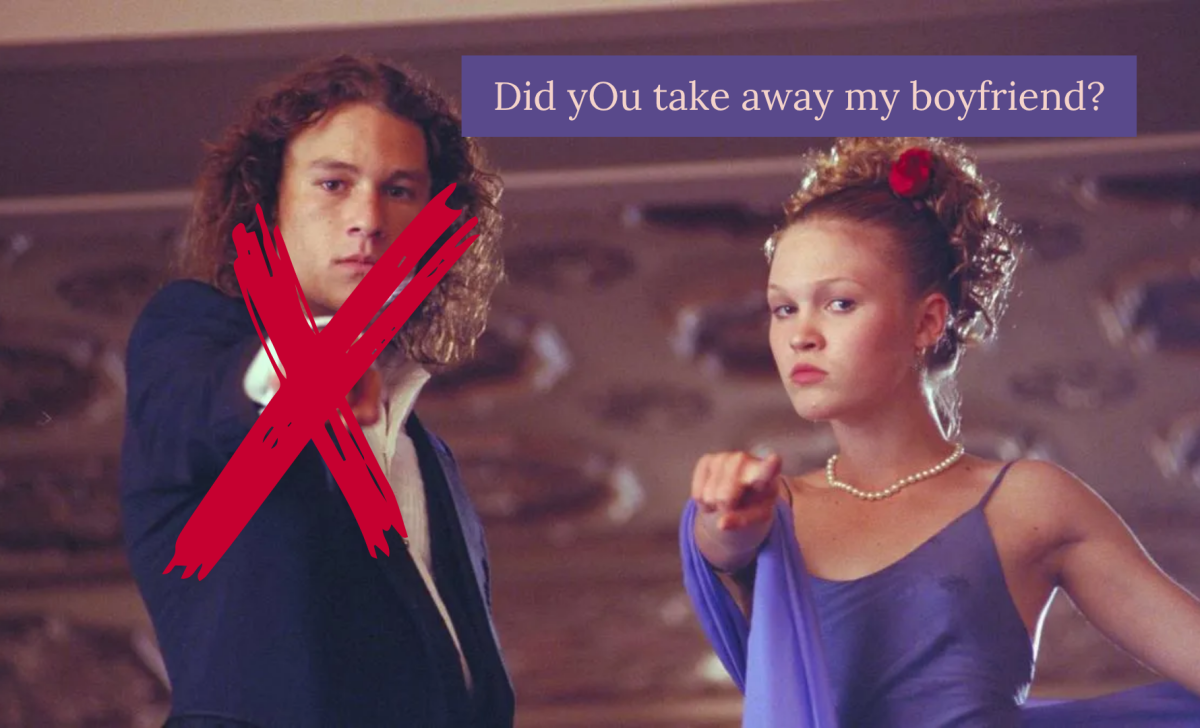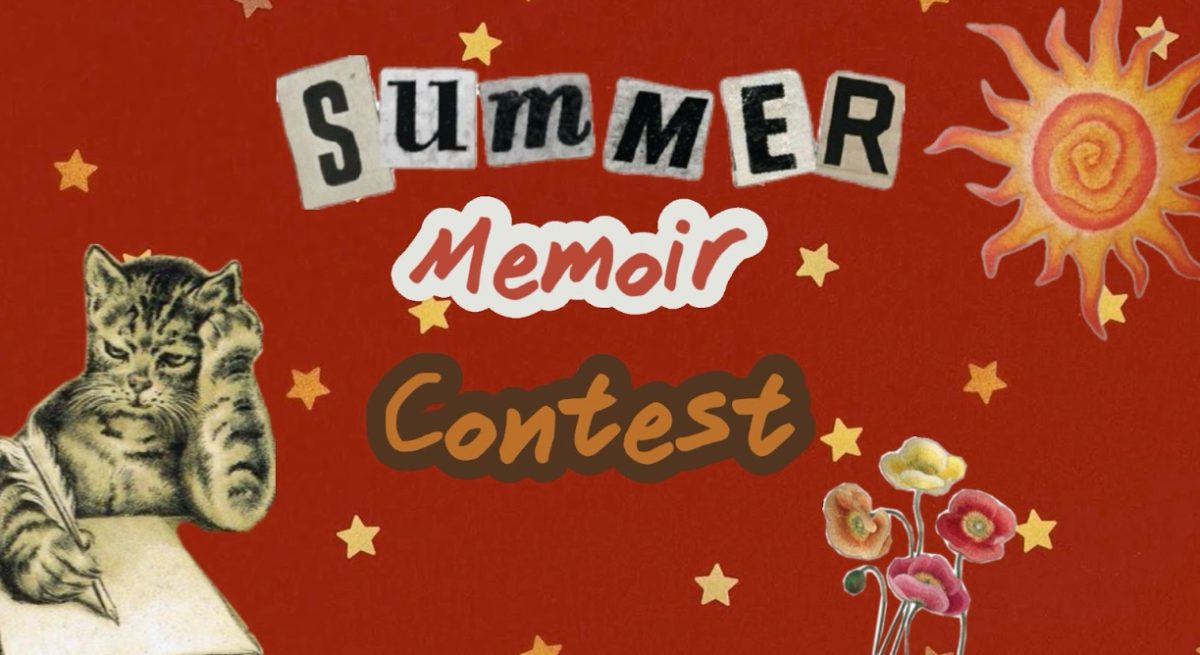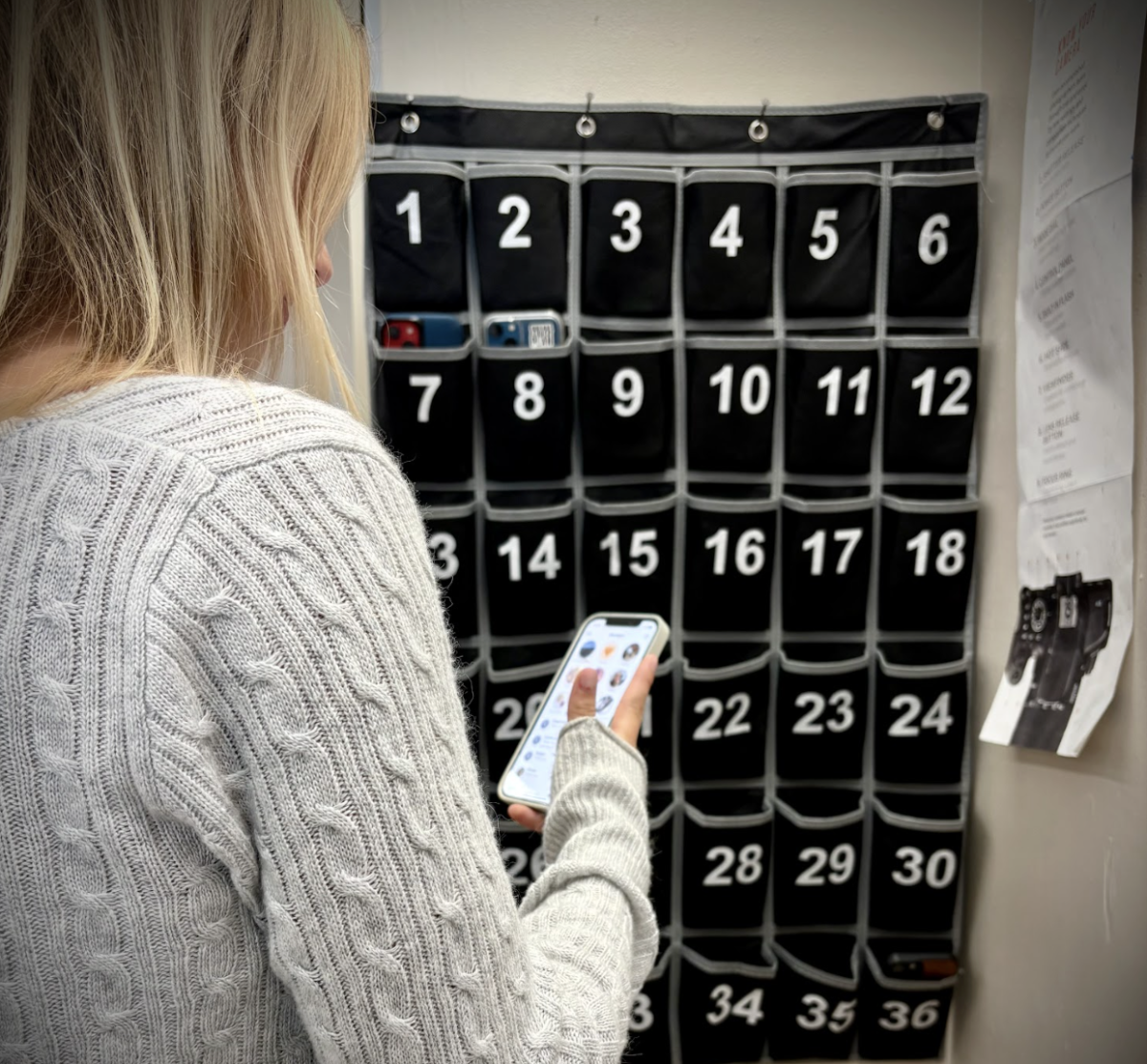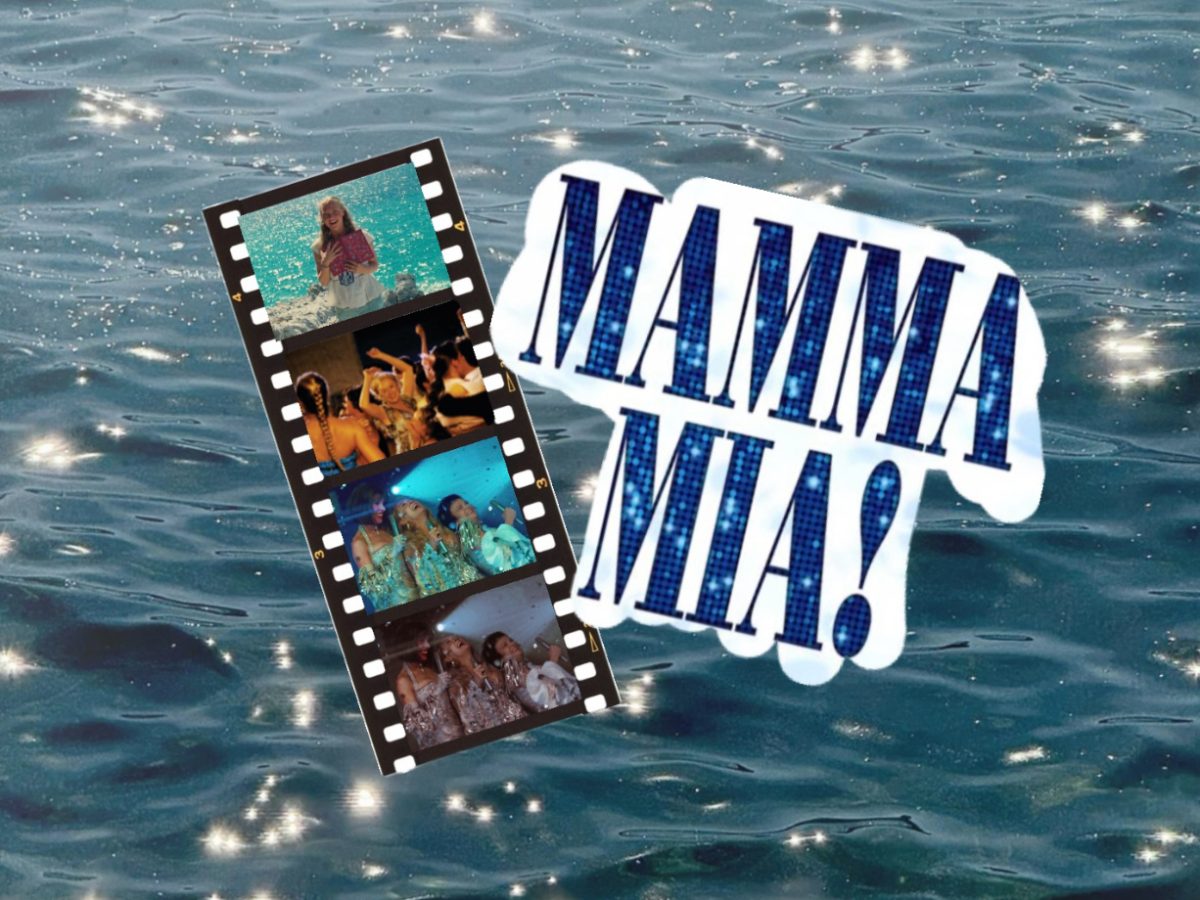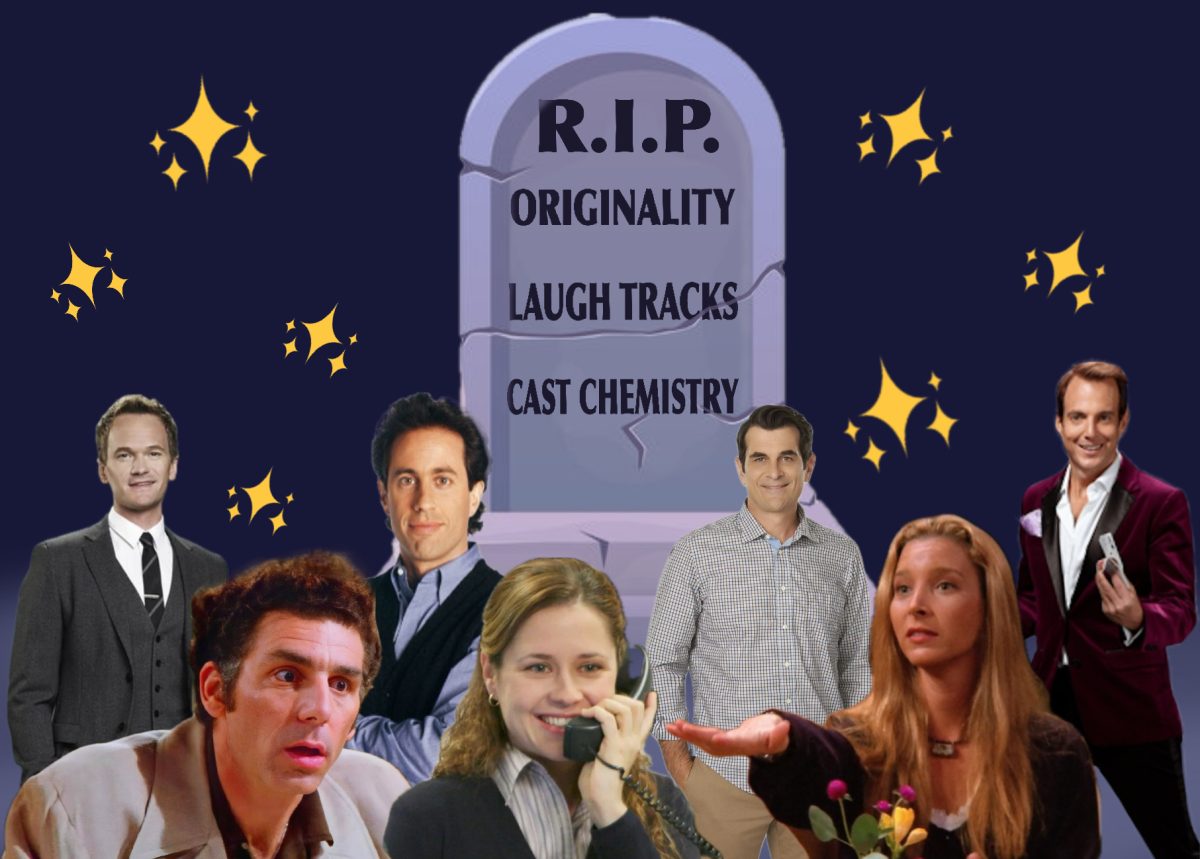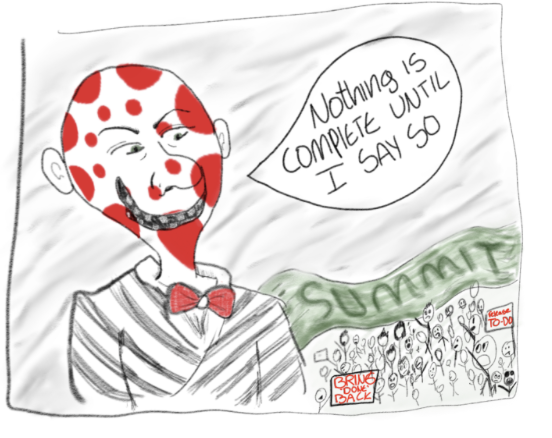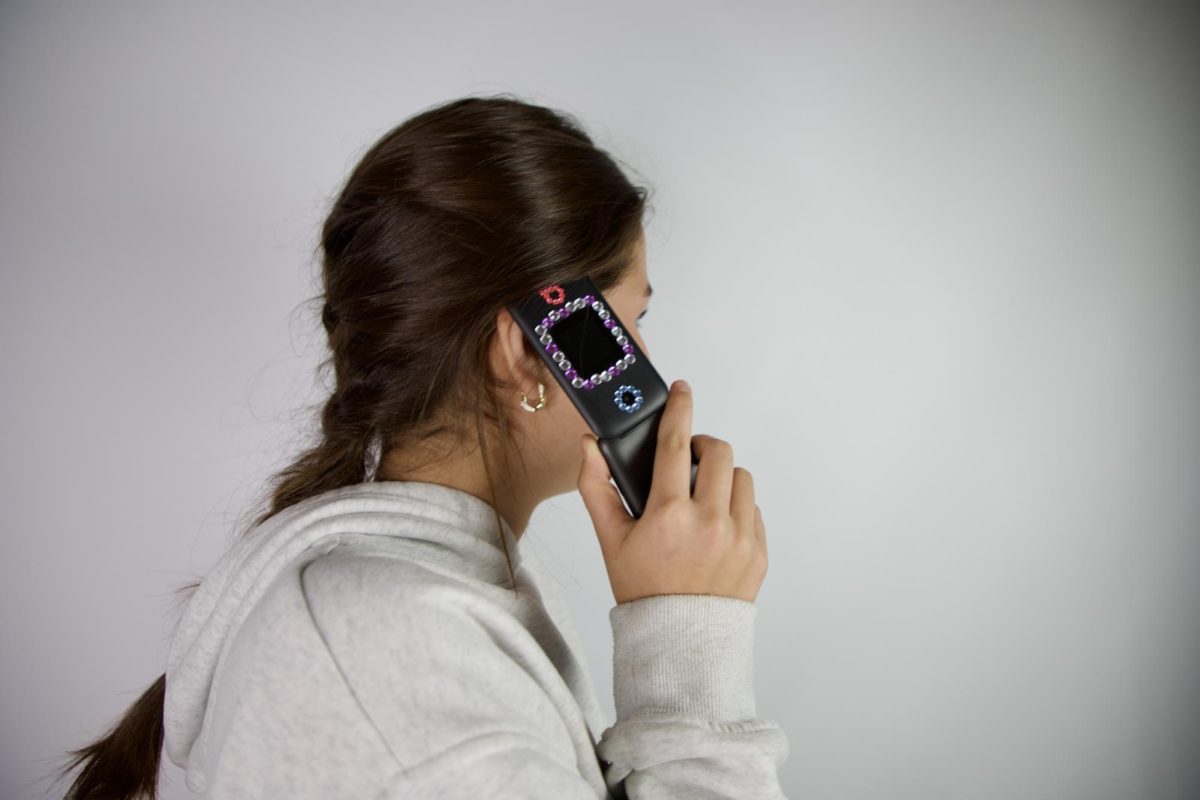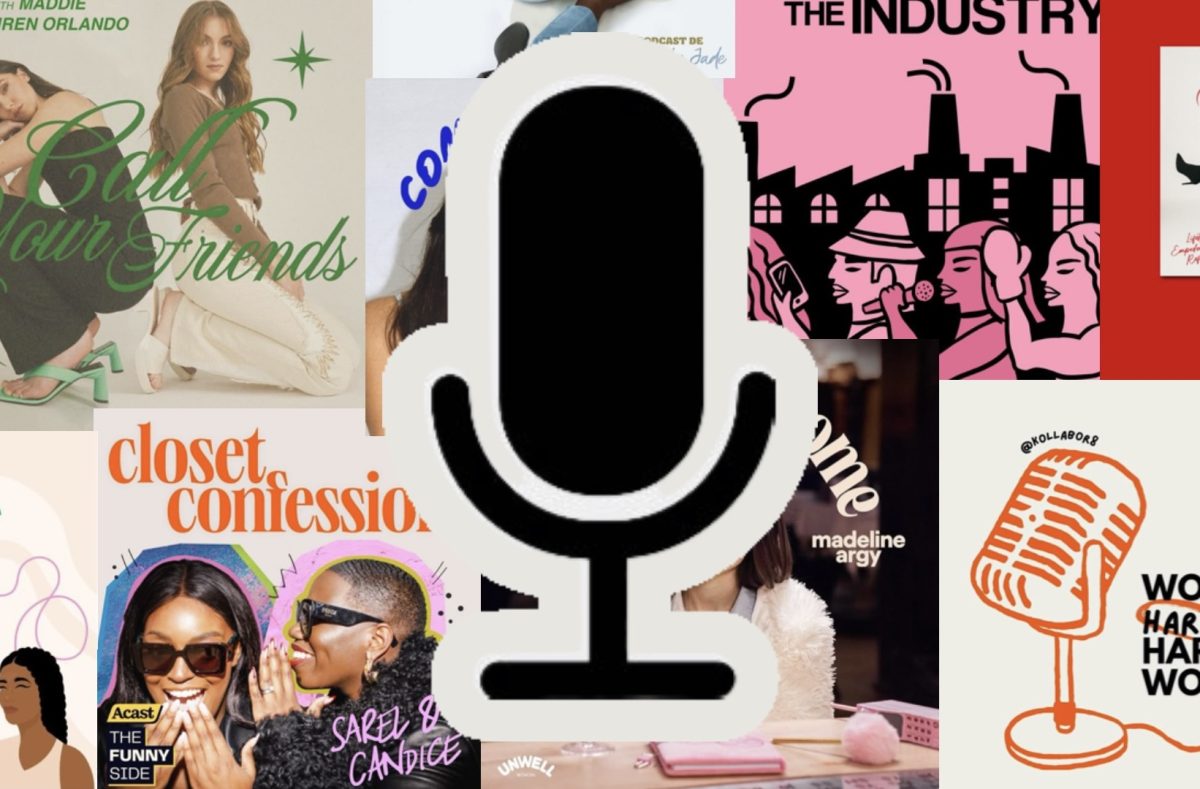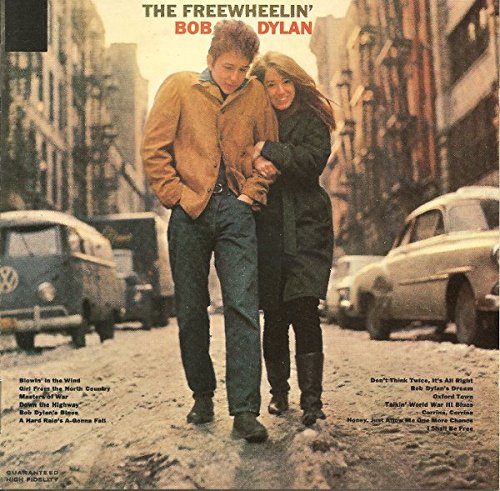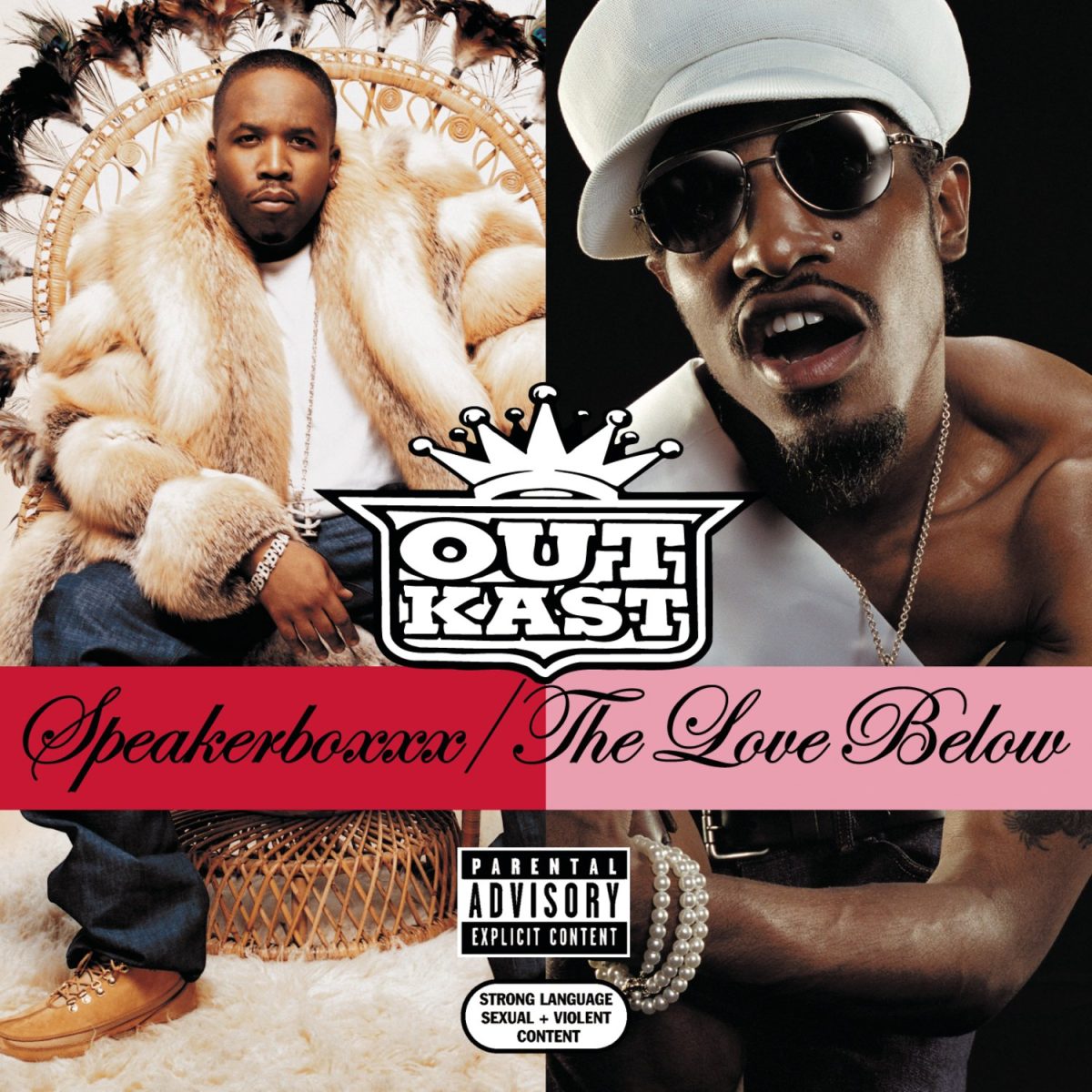It’s 8:45 AM, you’re barely awake but still muster the energy to get ready and walk into class. Your teacher starts the lesson and the projector displays some historical tragedy. The next thing you know the opinionated teenage boy, who constantly interrupts class by saying something insensitive, proceeds to make a joke that isn’t funny and is definitely problematic. This leaves the classroom environment uncomfortable as the teacher tries to brush past it, unsure of how to handle the student in a neutral way. This dilemma of blurred lines within humor is causing this situation to become more common.
This trend has been reflected on a wider scale and in recent years the number of comedians being canceled, or in some cases praised, for their more edgy jokes has increased. There are numerous recent examples from Trevor Noah making a joke about immigrants at the Grammys, to comedian Matt Rife making jokes about domestic violence. The line on what is a boundary pushing—but appropriate—joke versus what is just plainly offensive has become very unclear. On social media this trend of controversial jokes is on the rise and with cancel culture being present, there’s been confusion around what is okay, especially because comedy is subjective.
Jokes about minorities or hot takes from politics have made their way into high schooler’s sense of humor and are a normal thing to hear around Summit. Talking about things like sexuality, gender or race are always seen as sensitive or controversial topics. However, maybe it just depends on who’s making the joke. Is it okay for Trevor Noah to make a joke about immigrants because he is one? While that is a debate on its own, what right does Matt Rife have to make a joke about abuse? Additionally, where do Summit students stand in this issue and what type of jokes should be acceptable for them to make? These are the types of questions people have to consider when trying to decide what’s funny or what’s offensive.
It’s different when making jokes is your job compared to an average high schooler who makes a joke in poor taste. Should comedians be the only exceptions to crossing this line in comedy? That’s a difficult question to answer—however—this is their craft and something they put a lot of work into trying to improve. Highschoolers can’t share the same excuse.
We’ve seen a consistent cultural shift when it comes to humor. In 2020 people were leaning strongly on the side of being offended by these controversial jokes, as a result of cancel culture running rampant.
“The lack of civility that we see at a national level has definitely popped up in the classroom more in recent years,” said Summit history teacher Doug McDonald when asked about this shift in humor.
Plainly stated, students have less respect for the environment they’re in. Teenagers nowadays don’t filter themselves as much when speaking in school and even in front of adults. Many teachers think this could be a reflection of America’s current political climate. For example, politicians have more of an unprofessional light to them nowadays when addressing and conversing with each other. So it wouldn’t be a surprise if this behavior showcased in the media was reflected in students’ actions.
A lot of media teenagers consume is on social platforms. Whether it be Instagram, TikTok or YouTube, we see clips going viral for their dark humor. This specific humor is rooted in trying to find satire in disturbing elements, which is one of the causes for lines being blurred. On social media there are many cases of people posting things that break company set guidelines, yet still don’t get taken down. This defeats the purpose of having these rules that are supposed to make the internet a more safe and positive space. So, when teenagers have access to these videos making fun of race or gender, for example, they mimic it.
“Social media 100%. It’s all social media, my Instagram reels go crazy,” said Tatym Smith, a Summit junior, when asked if she thinks social media is a cause of controversial humor.
Is there a reason why this type of humor attracts people? According to the science magazine Nautilus, studies show some people think the more violent a joke, the more funny it is. Humor all depends how much a person can mentally separate themselves from the joke being made.
So what can we all agree is acceptable? People have different thresholds for what they consider funny and what is disturbing, making it difficult to create a common consensus about where to draw this line with humor. However, when people are being hurt and offended this badly, it’s clear something needs to change.

